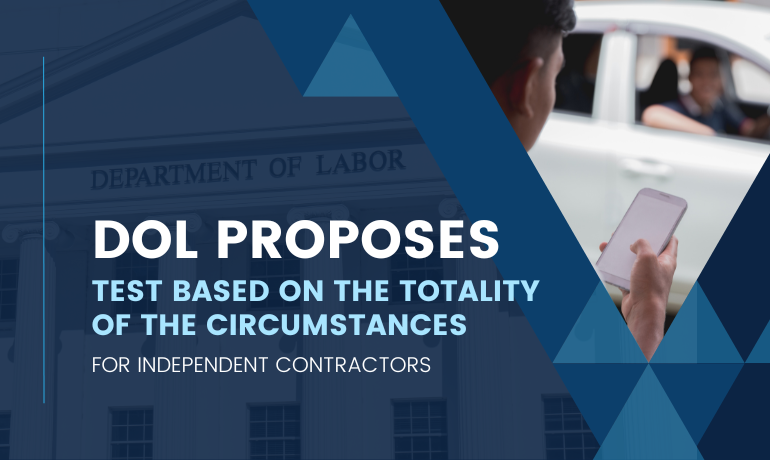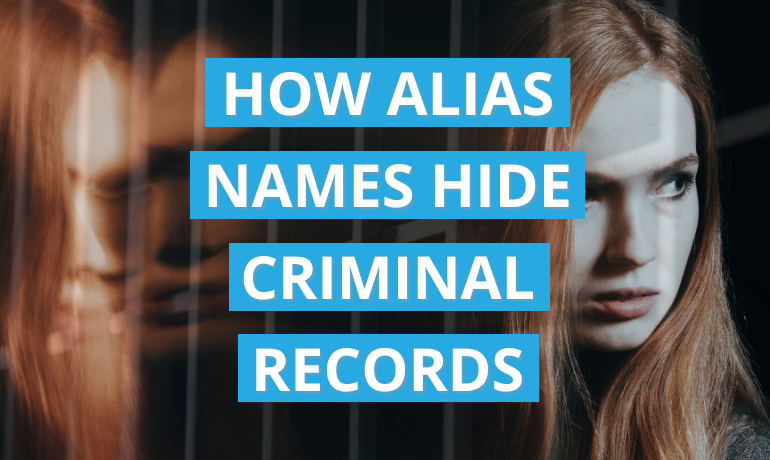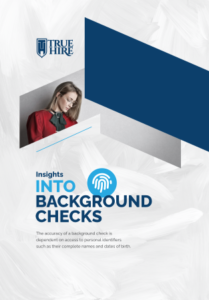Performing a background check is an essential part of employment due diligence in transactions since employers and background check vendors who fail to comply with the hypertechnical disclosure and authorization requirements of the Fair Credit Reporting Act (FCRA) and other applicable state and local laws may face a material class action lawsuit and $1,000 fines.
As per the FCRA, employers must provide job applicants with a clear and conspicuous disclosure, in writing, regarding the contemplated background check, in a document containing only the disclosure, prior to conducting a background check on them.
A written disclosure may also include the applicant’s authorization for a background check, which is required by the FCRA.
Plaintiffs have been automatically entitled to statutory damages by courts in cases where certain provisions in disclosure forms are per se violations of the FCRA.
These may seem like simple propositions, but neither the courts nor the Federal Trade Commission (the agency responsible for enforcing the FCRA) have clarified what constitutes a “document that contains only the disclosure” (the stand-alone requirement) or a “clear and conspicuous disclosure.” Thus, there is no surprise that many employers are currently relying on disclosure forms that include language that is a per se violation of the FCRA.
Disclosures required by the FCRA should not contain language releasing anyone from liability in connection with background checks, such as “I hereby release Employer from all liability…”
The number of class actions filed under the Fair Credit Reporting Act against employers over disclosure forms has been increasing since 2017, when the Ninth Circuit Court of Appeals ruled liability waivers were unlawful under the FCRA.
Background checks conducted by employers on employees and applicants continue to be targets of class action lawsuits. Further, insurance companies specializing in representations and warranties have begun to investigate employment background check practices.



